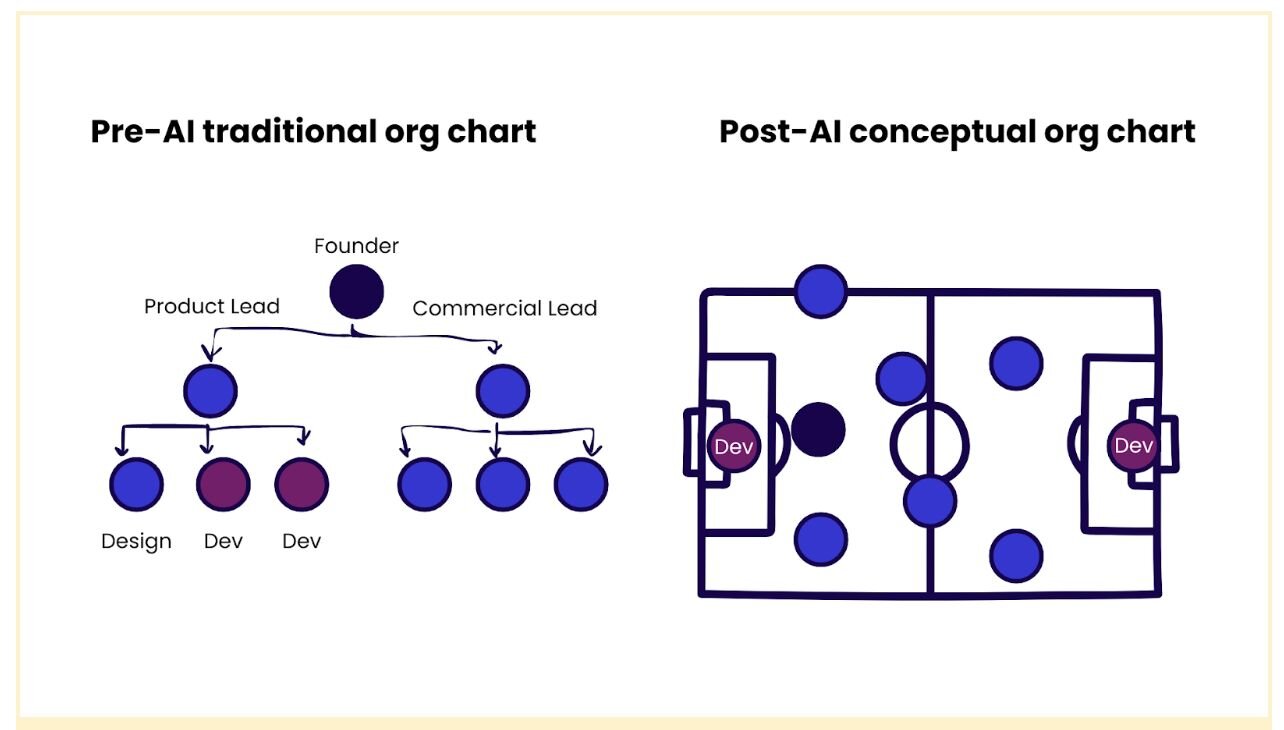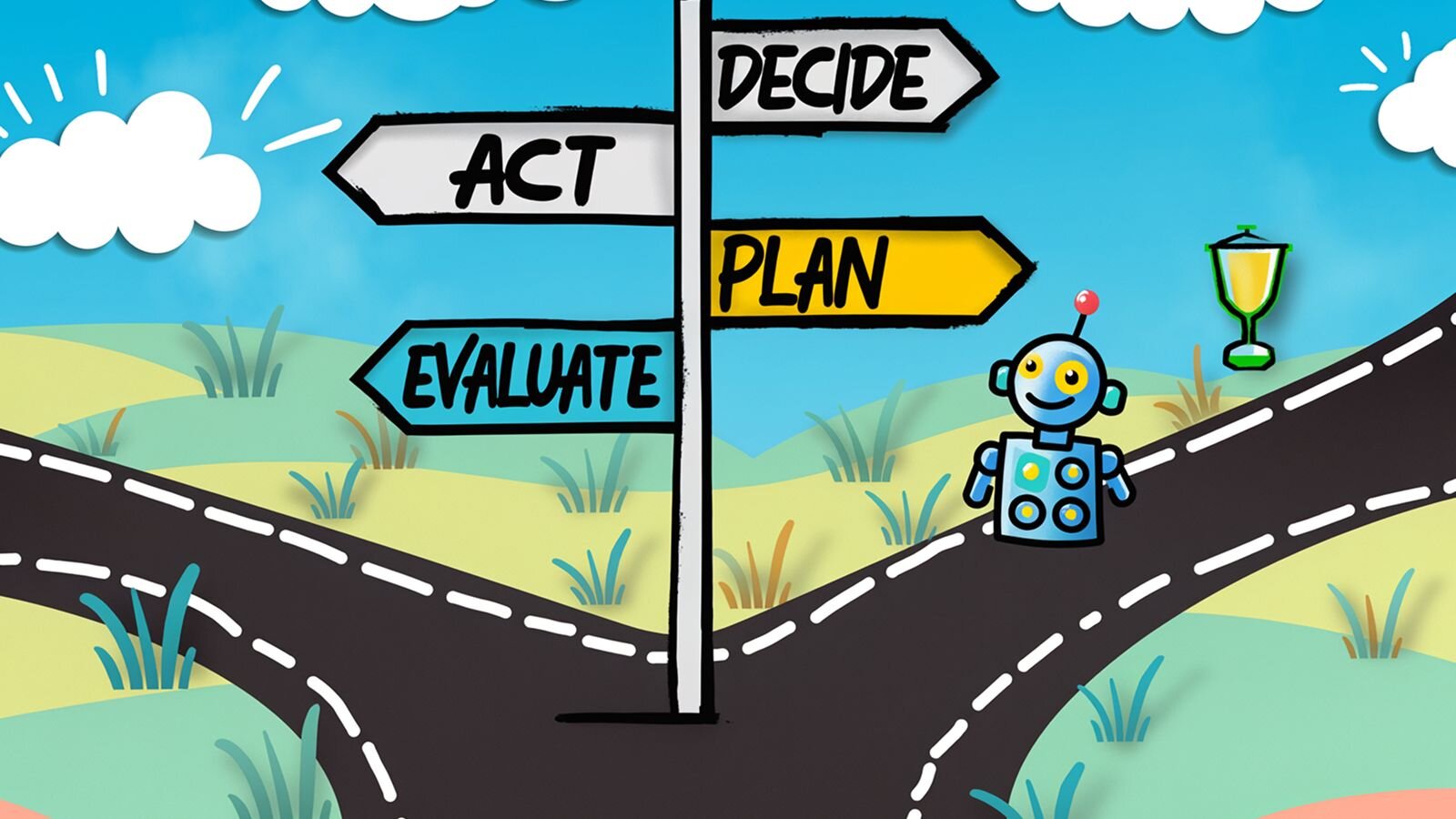Originating from the notoriously friendly North-East of England, I've never found striking up a conversation with anyone to be difficult. However, having lived in London and currently in New York I learned that not everyone looks to actively engage in conversation or connect with each other – in fact, in some cases, it's quite the opposite (as anyone on the Tube or Subway can testify!).
Making a connection in a professional environment has it nuances. Everyone is busy. They're very focused. And while networking is widely acknowledged to be a good use of time many product professionals either do not dedicate the time to networking or are not very successful in building and maintaining their network. In a competitive market, networking is becoming an increasingly valuable skill that can provide you with that unique advantage – in many different situations, not just the job search.
Why network?
- Statistically, networking is good for your chances of getting hired
- Networking within same industry and/or same product type can improve performance in your current role
- Networking outside of your industry and/or outside your product type increases access
If none of the above really motivates you – then ask yourself "Why not?" and take a leap of faith!
The Networking Cheat Sheet:
- Make a genuine and authentic introduction
- Be transparent about what you're looking to gain from the connection
- Make them feel good about why you went to them specifically
- Express what they have to gain from the connection (where possible – even mentors can be reverse-mentored)
- Create a path of least resistance – be flexible in your ask for a response.
Let’s go a little deeper…
Genuine and authentic introduction:
- "Hey – I saw your recent LinkedIn post – the part on
really resonated with me" - "Hi – thanks for sharing your thoughts and insights at the conference / webinar. I'd love to go a little deeper on
" - Good Morning/Afternoon – I noticed we share some mutual connections…
To make a genuine and authentic connection, you have to be curious and demonstrating a growth mindset. Growing your network requires a growth mindset. This also supports an intentional approach to networking: you can be authentic in explaining your motivations for growth in a specific area. Often a commonality between you (nationality, companies, mutual connections etc) can be a great way to connect!
Transparency
- I’d love to learn from your experience and any best practices you could share.
- I'm currently looking into this posted role and was hoping to learn more on the specifics
Take caution in the transparency. Even though you may ultimately be looking for a referral, do not lead with this. Asking someone that you do not know to refer you is a risk for them (referee's carry a sense of responsibility that affects their own reputation too). Instead, show that you're interested in the role, and would like to learn more about the role and/or the company and maybe get their opinion on whether or not they think you would be a good fit.
Make them feel good
- Given your success
, I believe I could learn a lot from you! - I share your passion / goal to …
- Given your tenure / progression in the company during your time there, I figured you'd be able to tell me more about the role.
Flattery (only when not excessive) goes a long way! Let them know why you believe they are a credible network connection. Asking for them to tell you more about those credentials is a smart way to engage since so many people are willing to talk about themselves
Express how this can be mutually beneficial
- I'd be happy to share how I have approached
to date - It's always energizing to meet with like-minded people!
- I see we have a lot of overlap in terms of our Industry / Vision
Even if you feel like the connection is majorly one-sided in your favour, demonstrate that you’re willing to share and exchange thoughts, ideas and/or information to make this a little less one-sided. There will be many occasions where you reach out to someone who knows ‘all there is to know” about the subject you’re connecting on – but until they’ve met you, they’ve never heard your perspective, and this alone can be valuable for them too!
Create a path of least resistance
- Would you be willing to share more? (leave this open-ended)
- I'd really appreciate any time you have to meet and discuss – let me know a time that works for you.
- Do you have any resources, content or materials that you could share?
- I realize you're extremely busy – If you're not able to meet, could you share a couple of lines in response?
Minimize the effort required for the person you're contacting to respond. Also have realistic expectations in your ask of them: They're unlikely to fly across the country / continent to meet with you; They're unlikely to take a day off work to meet with you; They're not going to miss family commitments over the weekend. Realistically, a written response or a 15-30 min virtual meeting should be considered a win! Be prepared to make yourself available a little earlier or later than your usual working hours to work around their availability.
What next?!
To avoid any disappointment, it’s best to assume you will not get a response. Don’t consider this a failure! I would say that a 10-25% response rate is success. Building a completely new network can be difficult and requires persistence. Remain level-headed so as not to appear desperate for the connection and stay true and objective to your reasons for outreach.
Assuming you are successful, be prepared! A positive first impression will go a long way to showing this connection that this was worth their time. Open the conversation by thanking them for their time (manners cost nothing and go a long way!), followed by the agenda, telling or showing your research and prepared questions or talking points, your perspective and any further context.
Before closing
Without assuming that the new connection would be willing to provide you more of their valuable time, make it clear that you would be open to continuing the connection in the future. You could ask if there’s any way for you to remain connected moving forward or how would be best to follow their contributions to the subject area.
You can always ask how they stay up to date on the subject matter. What, if any, communities are they a part of? What content do they consume or recommend?
Bonus pro tip!
Ask your new connection if they know anyone else that would be willing to discuss this topic!
A referral in the networking world is going to increase your chances of a response significantly. Being introduced to by a mutual connection rather than a direct message is the equivalent of a Sales Leader bringing you a qualified prospect rather than cold calling.
Maintaining the network
Do not be the person who only ever connects when looking for something. Nobody likes to feel like they’re constantly giving without receiving in return. This becomes easier and more natural over time but does not need to be awkward. It is extremely rare for anything (meaning any reason to connect) remains static. In the product world, technology continues to disrupt, markets evolve, macroeconomic factors have great influence – a short note sharing your own thoughts or questions on these new scenarios shows that your initial interest, your passion and curiosity was genuine. Even if the original reason to connect does remain a static topic of conversation, it is possible that adjacent or comparable topics appear which may change your own original perspective. Any and all of the above are “excuses” to maintain that connection.
Increasing the value that you add to the network
As you build and maintain the network, you will find that your response rate is starting to increase and that others will begin reaching out to you. Be the person that you wanted to connect with when you were doing the outreach. Be generous with your time wherever possible.
Others will value your contribution to the network more and more if you’re able to connect others and provide access that they previously never had. Volunteering to connect one individual to another shows that you’ve really taken the time to understand both of those individuals.
To close
Networking is becoming an increasingly valuable skill set. Becoming a “good networker” is something that can be learned and practiced over time, but requires a focused and intentional effort. Leverage the Networking Cheat Sheet as a starting point and apply your own style to it!







